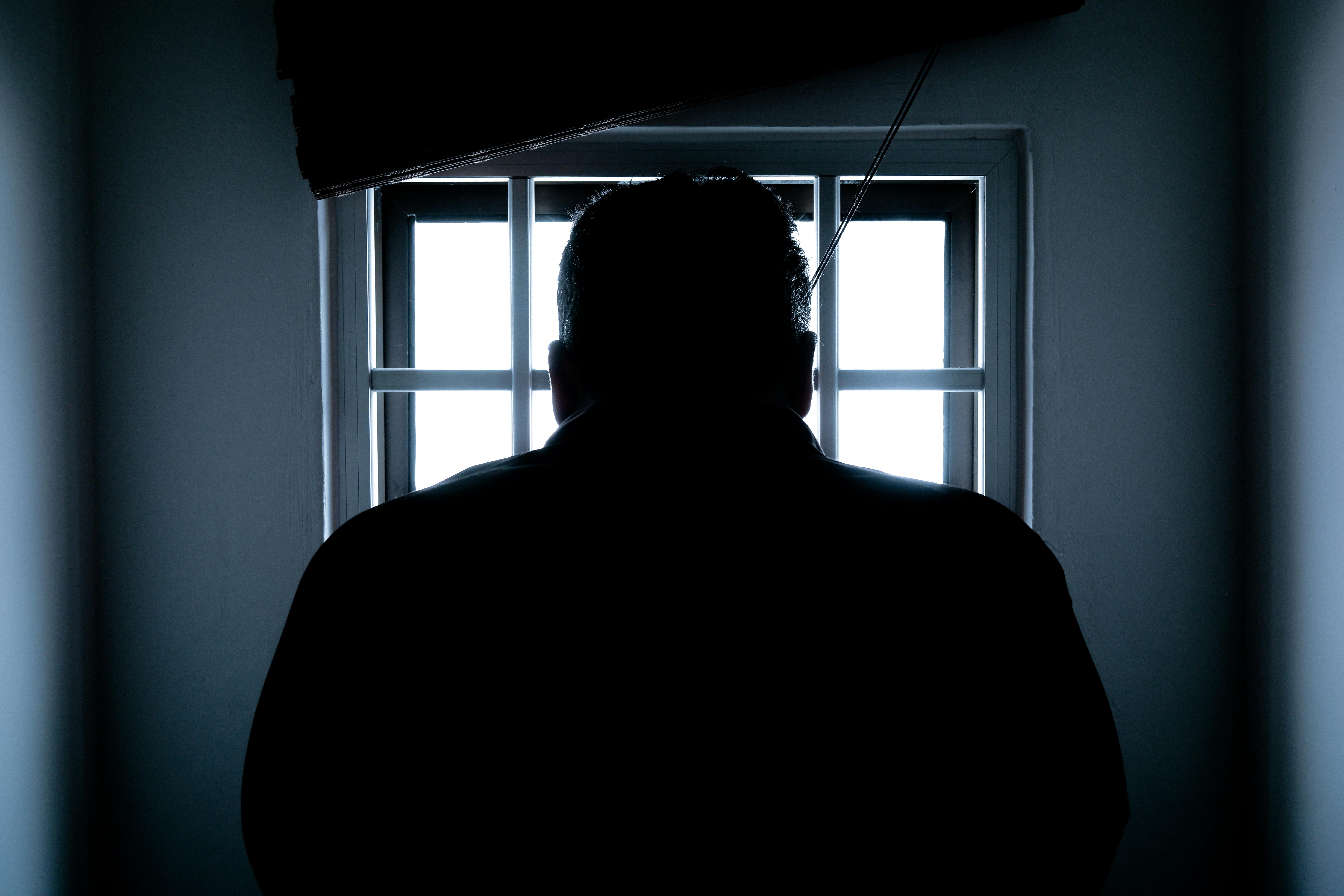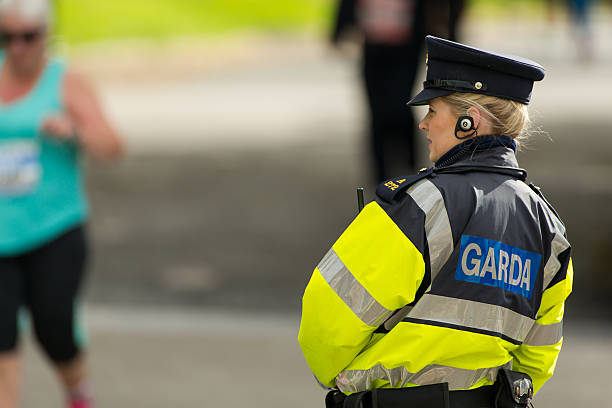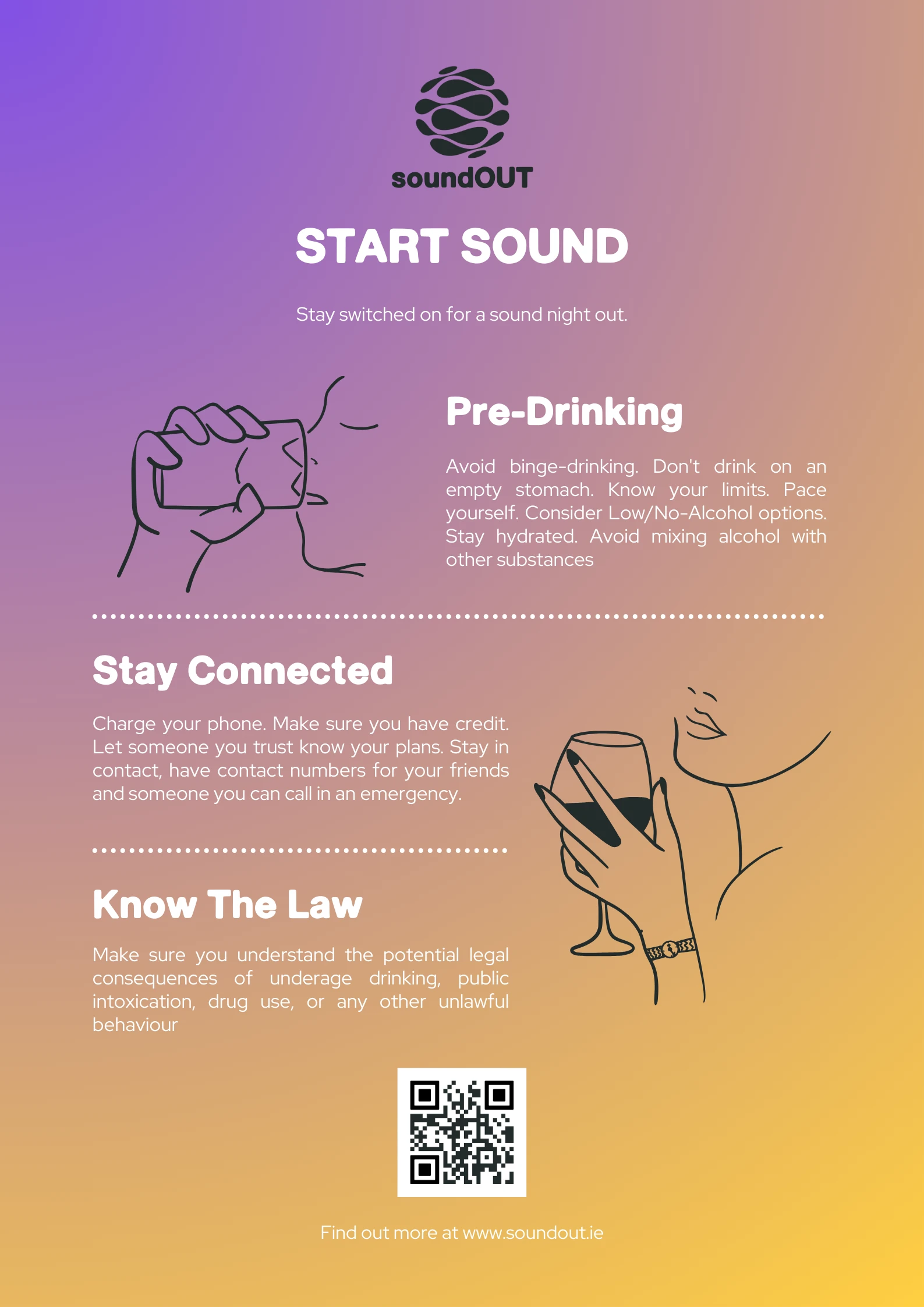UNDERSTAND THE CONSEQUENCES: Make sure you understand the potential legal consequences of underage drinking, public intoxication, or any other unlawful behaviour.
BLOOD ALCOHOL LIMITS: Ireland has blood alcohol concentration (BAC) limits for drivers. The legal BAC limit for fully licensed drivers is 50mg of alcohol per 100ml of blood. For learner drivers and professional drivers, the limit is 20mg of alcohol per 100ml of blood.
LEGAL DRINKING AGE: The legal drinking age in Ireland is 18. It is illegal for individuals under the age of 18 to purchase or consume alcohol in public places.
OFFENCES: There are various offences related to alcohol, such as underage drinking, public drunkenness, and driving under the influence (DUI). Penalties for these offences can include fines, license suspension, or imprisonment.
SOCIAL RESPONSIBILITY: There is an emphasis on promoting responsible drinking and reducing alcohol-related harm. The Public Health (Alcohol) Act 2018 includes provisions aimed at increasing awareness of the dangers of excessive alcohol consumption.
POSSESSION: Possession of a controlled drug without a vail prescription is illegal. Penalties for possession can vary depending on the drug’s severity and the quantity in possession. For more information on drug offences have a look at citizensinformation.ie
DRUG TRAFFICKING IS A SERIOUS OFFENSE: Drug trafficking, distribution, or possession with intent to supply is subject to significant penalties, including imprisonment.
Consent
In Ireland, the legal framework surrounding sexual consent is guided by the Criminal Law (Sexual Offences) Act 2017. Here are some key points regarding sexual consent under Irish law:
AGE OF CONSENT: The age of consent in Ireland is 17 years old. It means that individuals must be at least 17 years old to legally engage in sexual activity. Sexual activity with a person below the age of consent is considered a criminal offense.
DEFINITION OF CONSENT: Consent is defined as a voluntary agreement by a person to engage in a specific sexual act. It must be given by a person who has the capacity to give consent and be freely and willingly provided without any form of coercion, threat, or deception.
CAPACITY TO GIVE CONSENT: The law recognizes that a person may not have the capacity to give consent due to factors such as intoxication, impairment, or mental incapacity. If a person is unable to understand the nature or consequences of the sexual act, consent cannot be given.
COMMUNICATION OF CONSENT: The law emphasizes the importance of clear communication of consent. It states that consent can be communicated through words or non-verbal actions as long as it is unmistakably given. However, silence or lack of resistance does not imply consent.
WITHDRAWL OF CONSENT: Consent can be withdrawn at any point during sexual activity. If a person withdraws consent, all sexual activity must stop immediately. Failure to respect the withdrawal of consent can lead to criminal charges.
Consent
In Ireland, the legal framework surrounding sexual consent is guided by the Criminal Law (Sexual Offences) Act 2017. Here are some key points regarding sexual consent under Irish law:
AGE OF CONSENT: The age of consent in Ireland is 17 years old. It means that individuals must be at least 17 years old to legally engage in sexual activity. Sexual activity with a person below the age of consent is considered a criminal offense.
DEFINITION OF CONSENT: Consent is defined as a voluntary agreement by a person to engage in a specific sexual act. It must be given by a person who has the capacity to give consent and be freely and willingly provided without any form of coercion, threat, or deception.
CAPACITY TO GIVE CONSENT: The law recognizes that a person may not have the capacity to give consent due to factors such as intoxication, impairment, or mental incapacity. If a person is unable to understand the nature or consequences of the sexual act, consent cannot be given.
COMMUNICATION OF CONSENT: The law emphasizes the importance of clear communication of consent. It states that consent can be communicated through words or non-verbal actions as long as it is unmistakably given. However, silence or lack of resistance does not imply consent.
WITHDRAWL OF CONSENT: Consent can be withdrawn at any point during sexual activity. If a person withdraws consent, all sexual activity must stop immediately. Failure to respect the withdrawal of consent can lead to criminal charges.
Consent
In Ireland, the legal framework surrounding sexual consent is guided by the Criminal Law (Sexual Offences) Act 2017. Here are some key points regarding sexual consent under Irish law:
AGE OF CONSENT: The age of consent in Ireland is 17 years old. It means that individuals must be at least 17 years old to legally engage in sexual activity. Sexual activity with a person below the age of consent is considered a criminal offense.
DEFINITION OF CONSENT: Consent is defined as a voluntary agreement by a person to engage in a specific sexual act. It must be given by a person who has the capacity to give consent and be freely and willingly provided without any form of coercion, threat, or deception.
CAPACITY TO GIVE CONSENT: The law recognizes that a person may not have the capacity to give consent due to factors such as intoxication, impairment, or mental incapacity. If a person is unable to understand the nature or consequences of the sexual act, consent cannot be given.
COMMUNICATION OF CONSENT: The law emphasizes the importance of clear communication of consent. It states that consent can be communicated through words or non-verbal actions as long as it is unmistakably given. However, silence or lack of resistance does not imply consent.
WITHDRAWL OF CONSENT: Consent can be withdrawn at any point during sexual activity. If a person withdraws consent, all sexual activity must stop immediately. Failure to respect the withdrawal of consent can lead to criminal charges.
Drug Driving
There is no definitive number of drinks that will keep a person under the limit, as it varies from person to person. If you are going to drive, don't drink. And it is important to remember that many drink-driving convictions take place the morning, or day after heavy drinking the previous night, so don't overdo it if you've got plans the next day.
Gardai can now conduct preliminary drug tests at the roadside or in Garda stations.
Drug-testing devices check a driver’s saliva for traces of cannabis, cocaine, opiates (heroin and morphine, among others) and benzodiazepines (Valium, for instance).
If you are caught driving under the influence of drugs and you are impaired to such an extent that you don’t have proper control of the vehicle, the MINIMUM disqualification on a first offence is four years and it rises to six years for any subsequent transgression.
For cannabis, cocaine and heroin, it is illegal to drive, even if your driving is not impaired, and in these instances, there is a ban of at least one year for your first offence and two years for every offence thereafter.
Drug Driving
There is no definitive number of drinks that will keep a person under the limit, as it varies from person to person. If you are going to drive, don't drink. And it is important to remember that many drink-driving convictions take place the morning, or day after heavy drinking the previous night, so don't overdo it if you've got plans the next day.
Gardai can now conduct preliminary drug tests at the roadside or in Garda stations.
Drug-testing devices check a driver’s saliva for traces of cannabis, cocaine, opiates (heroin and morphine, among others) and benzodiazepines (Valium, for instance).
If you are caught driving under the influence of drugs and you are impaired to such an extent that you don’t have proper control of the vehicle, the MINIMUM disqualification on a first offence is four years and it rises to six years for any subsequent transgression.
For cannabis, cocaine and heroin, it is illegal to drive, even if your driving is not impaired, and in these instances, there is a ban of at least one year for your first offence and two years for every offence thereafter.
Drug Driving
There is no definitive number of drinks that will keep a person under the limit, as it varies from person to person. If you are going to drive, don't drink. And it is important to remember that many drink-driving convictions take place the morning, or day after heavy drinking the previous night, so don't overdo it if you've got plans the next day.
Gardai can now conduct preliminary drug tests at the roadside or in Garda stations.
Drug-testing devices check a driver’s saliva for traces of cannabis, cocaine, opiates (heroin and morphine, among others) and benzodiazepines (Valium, for instance).
If you are caught driving under the influence of drugs and you are impaired to such an extent that you don’t have proper control of the vehicle, the MINIMUM disqualification on a first offence is four years and it rises to six years for any subsequent transgression.
For cannabis, cocaine and heroin, it is illegal to drive, even if your driving is not impaired, and in these instances, there is a ban of at least one year for your first offence and two years for every offence thereafter.















